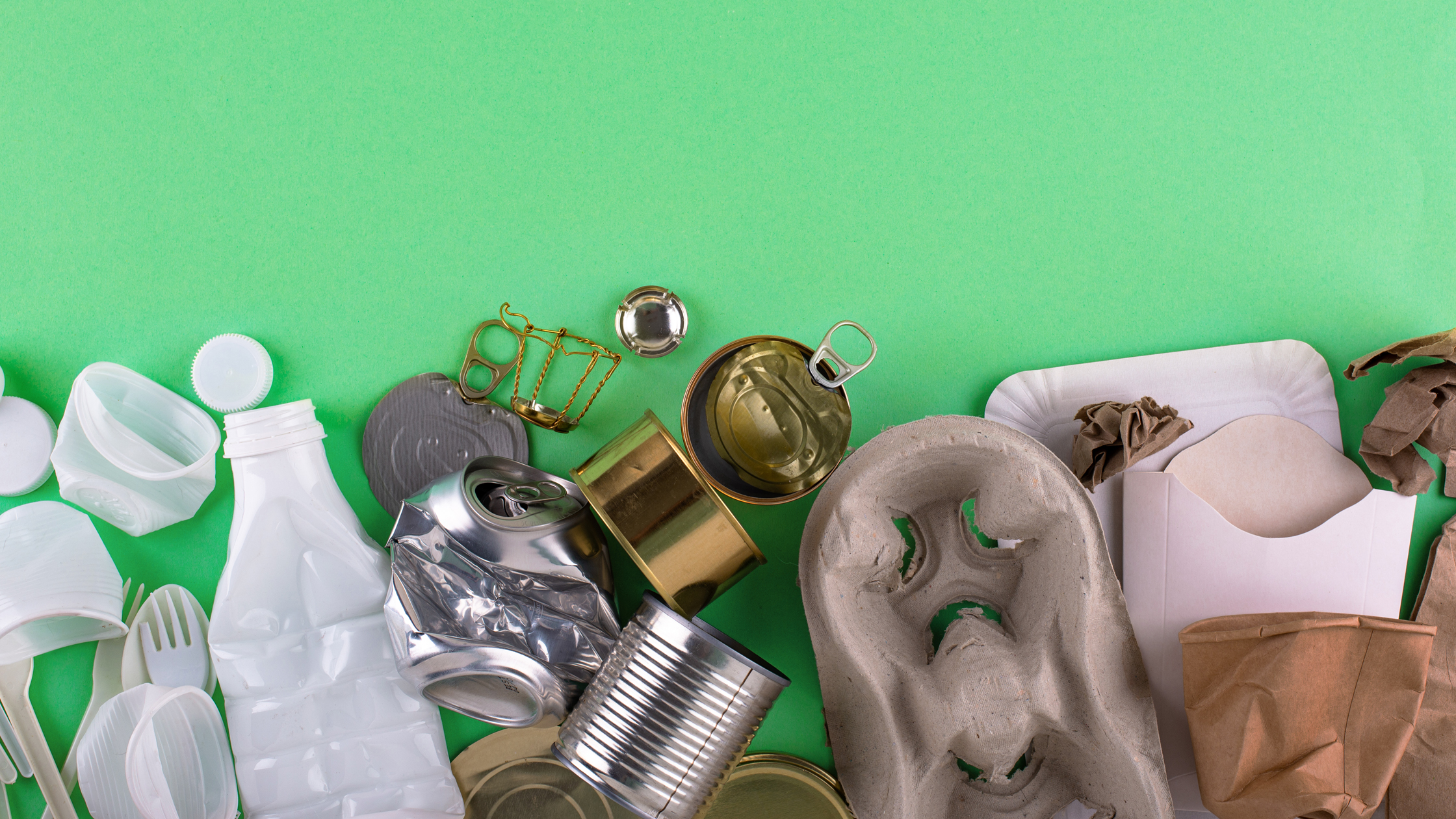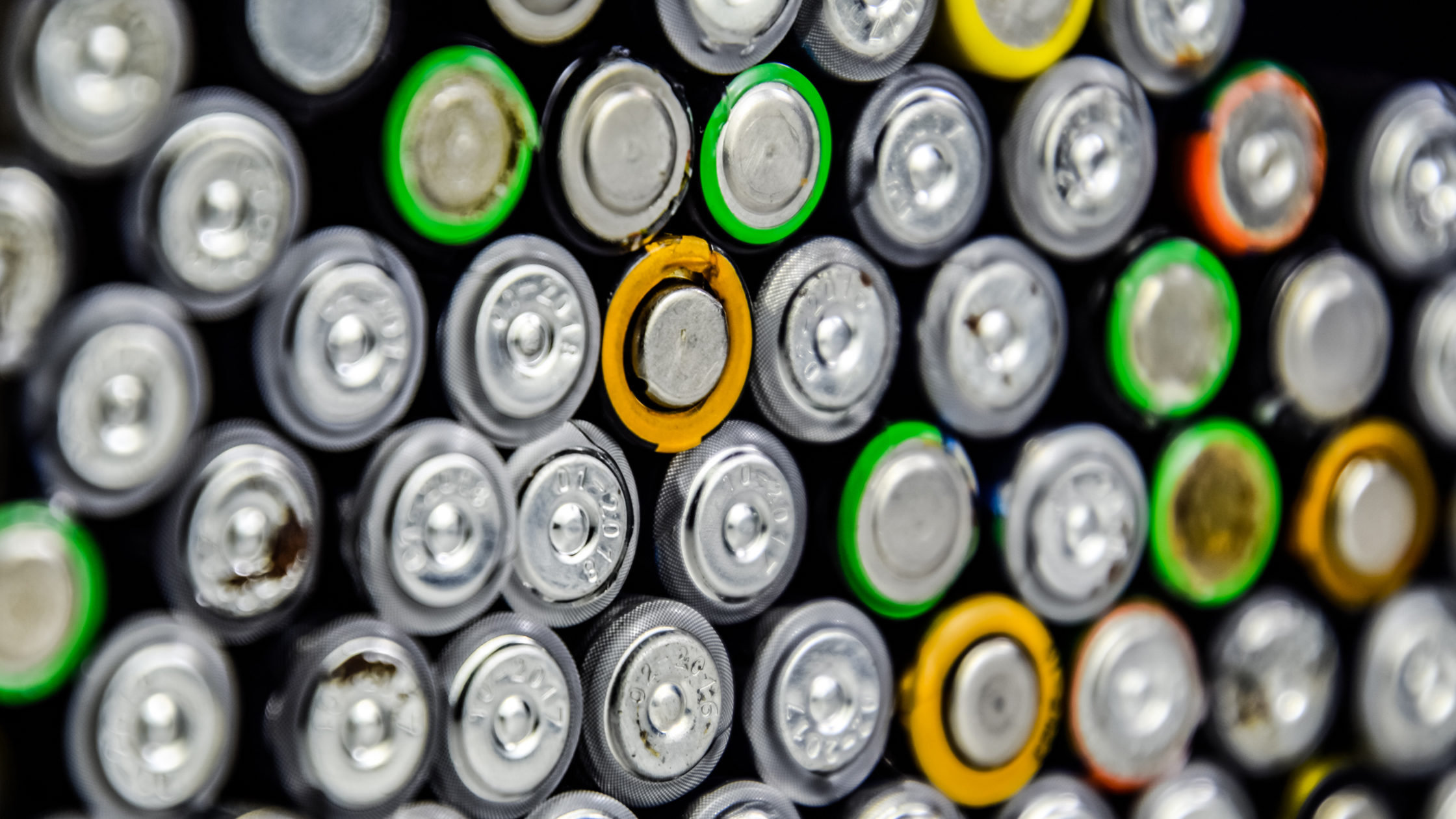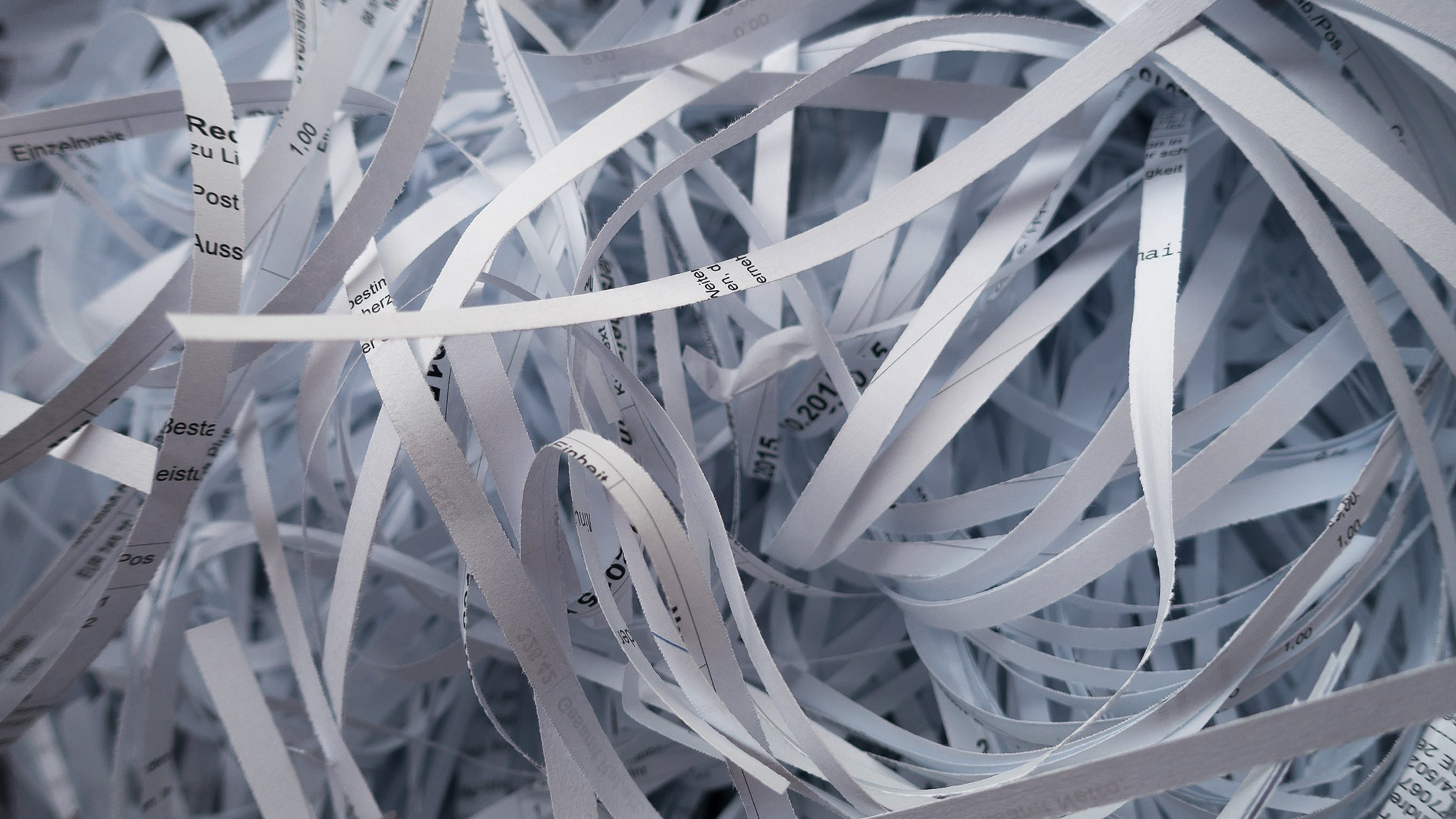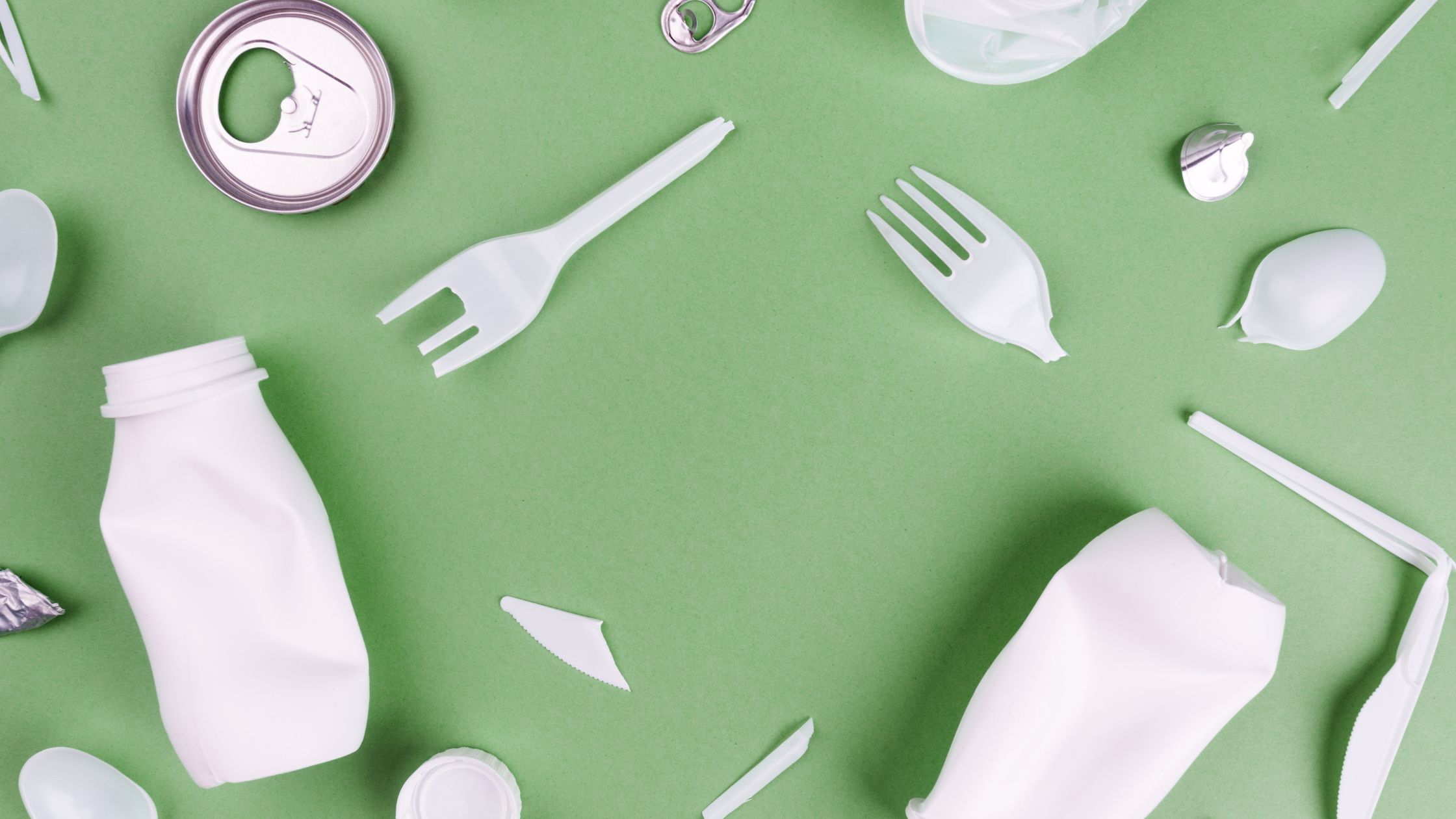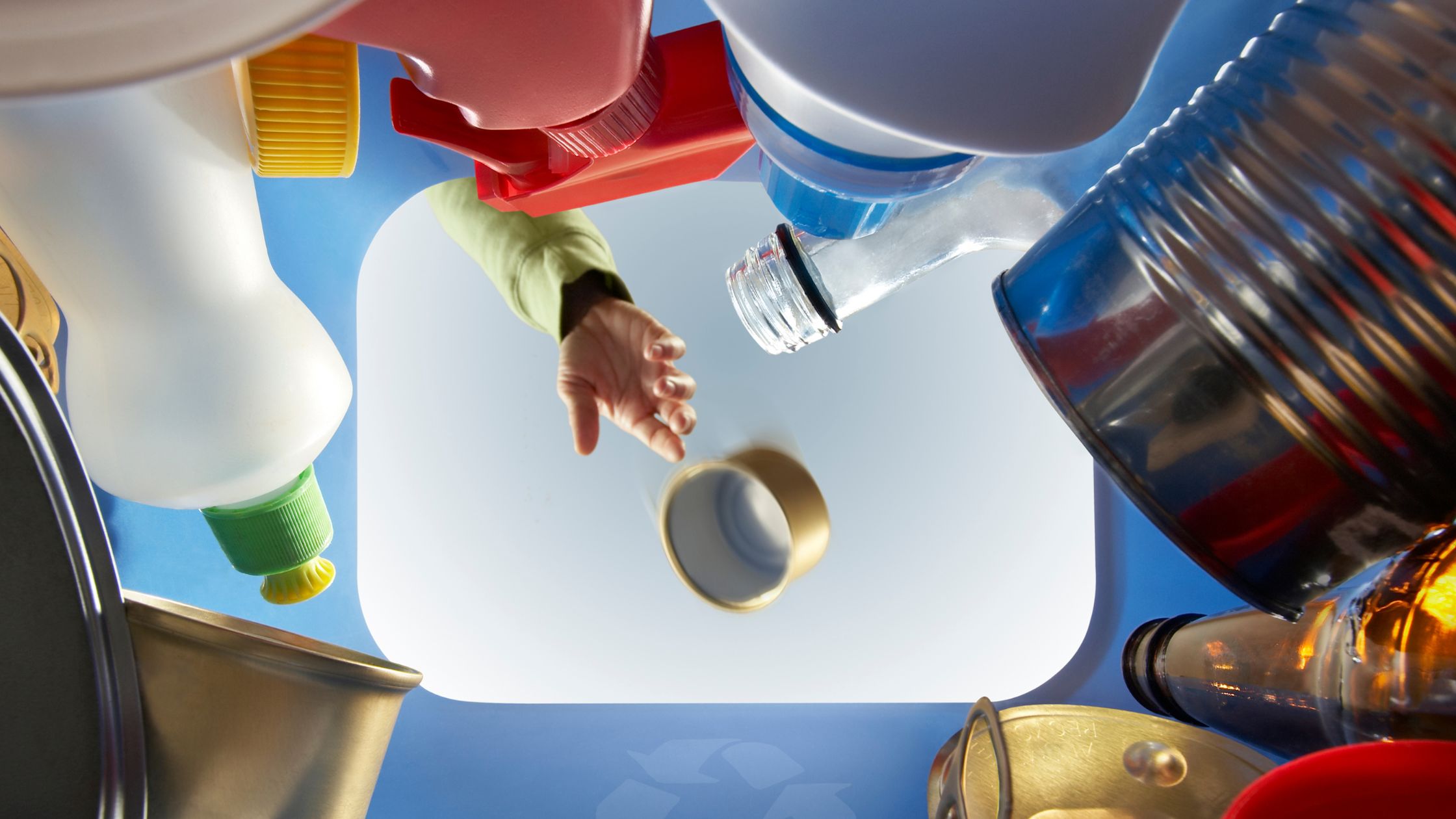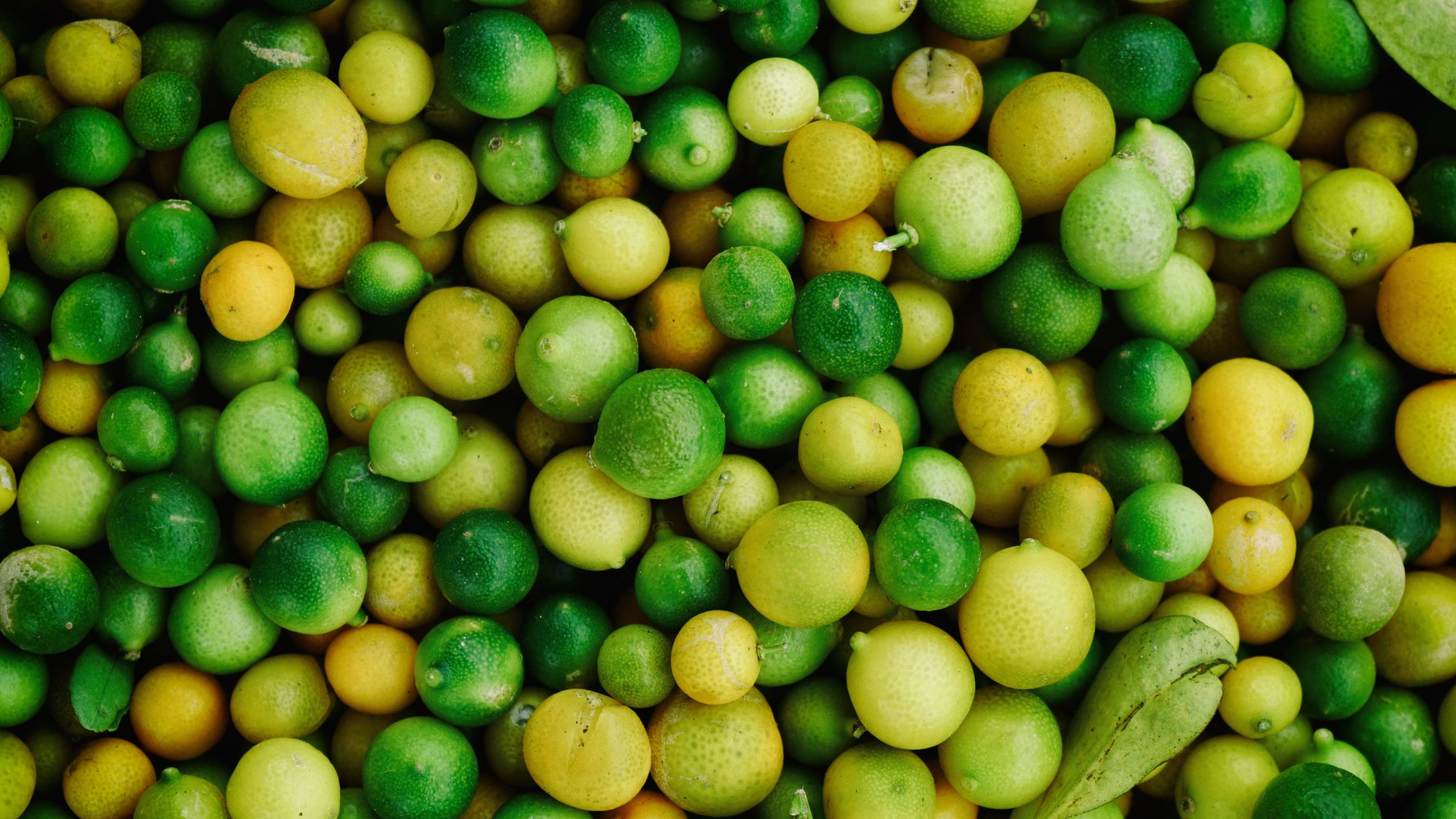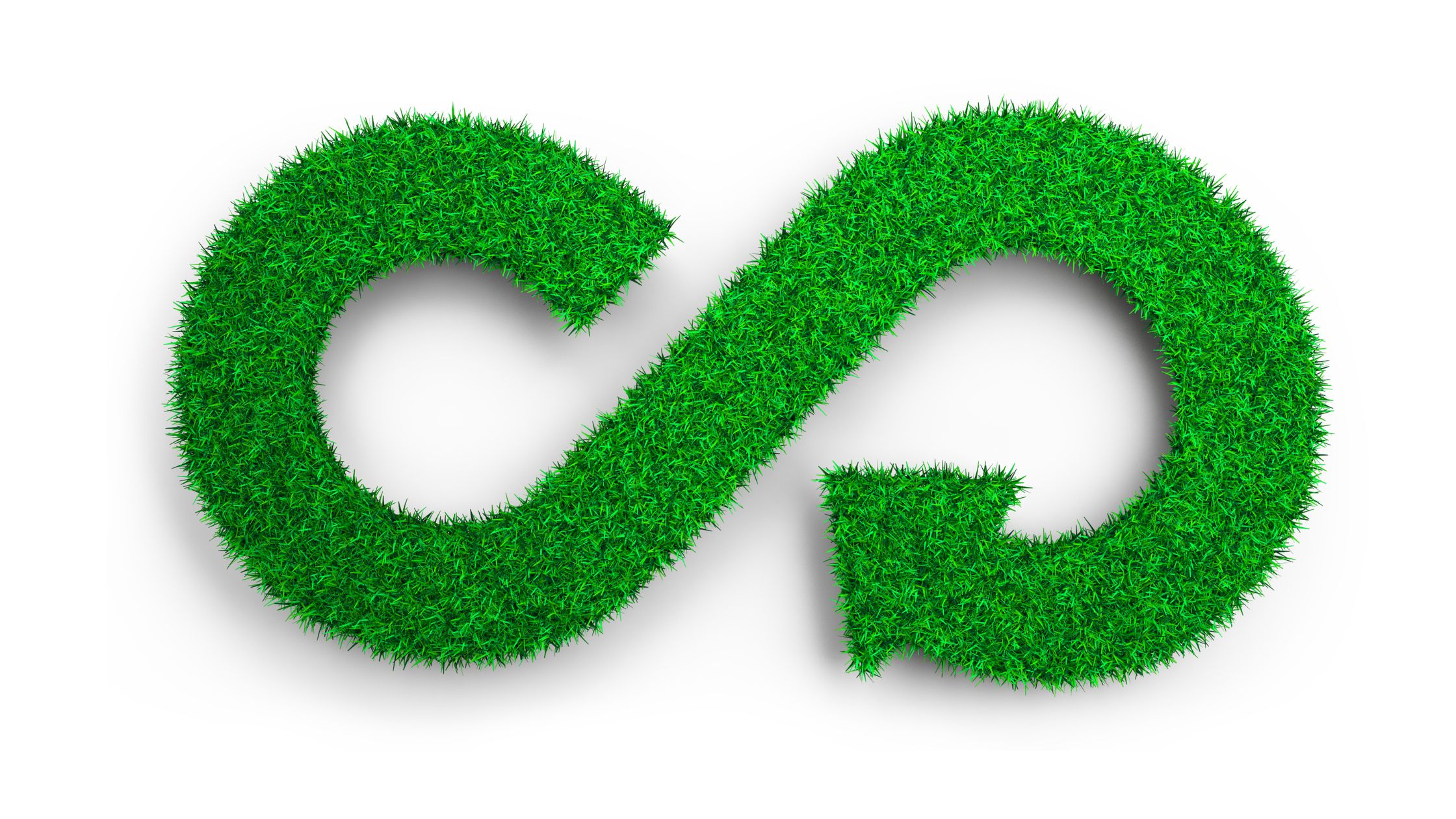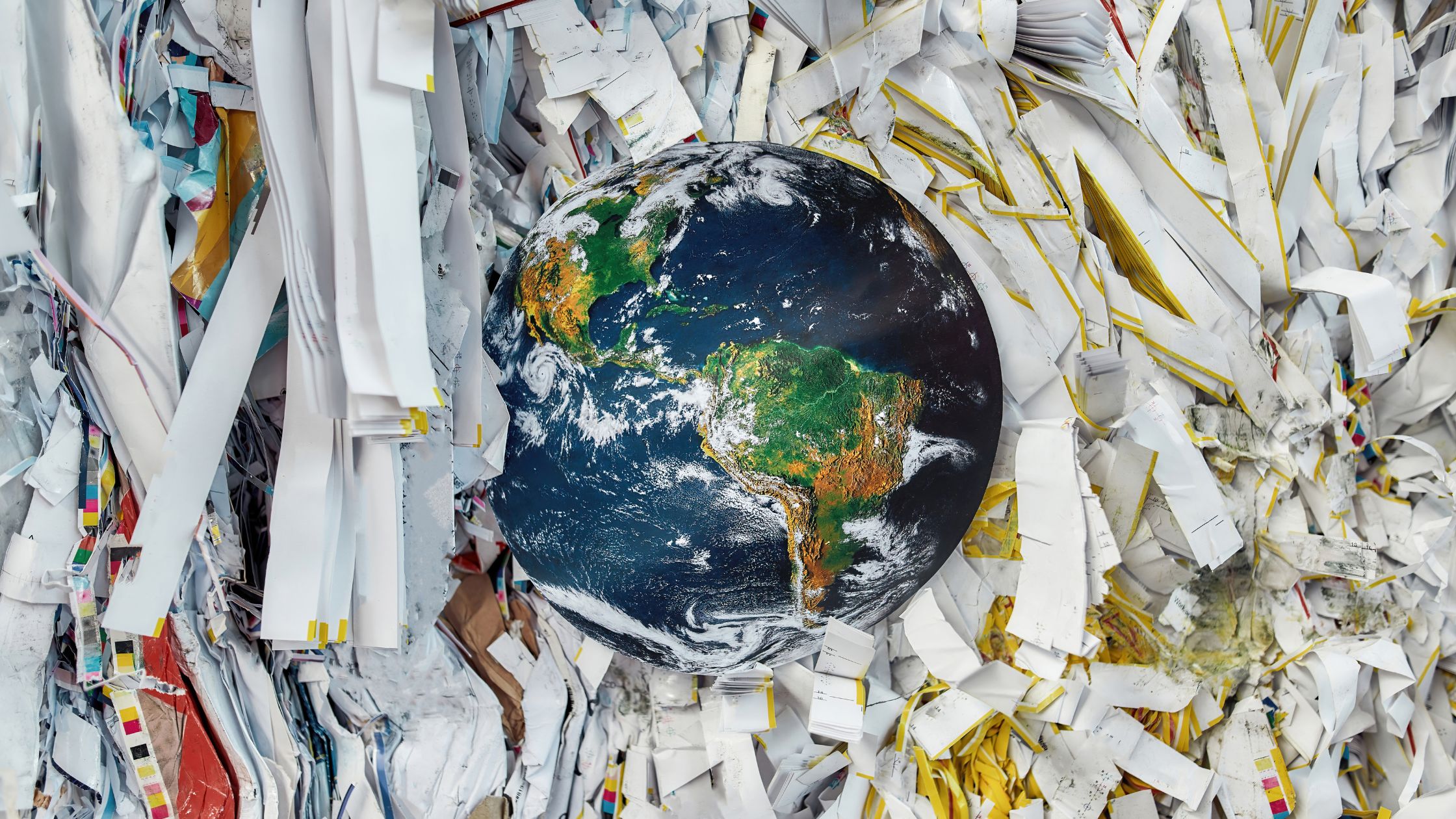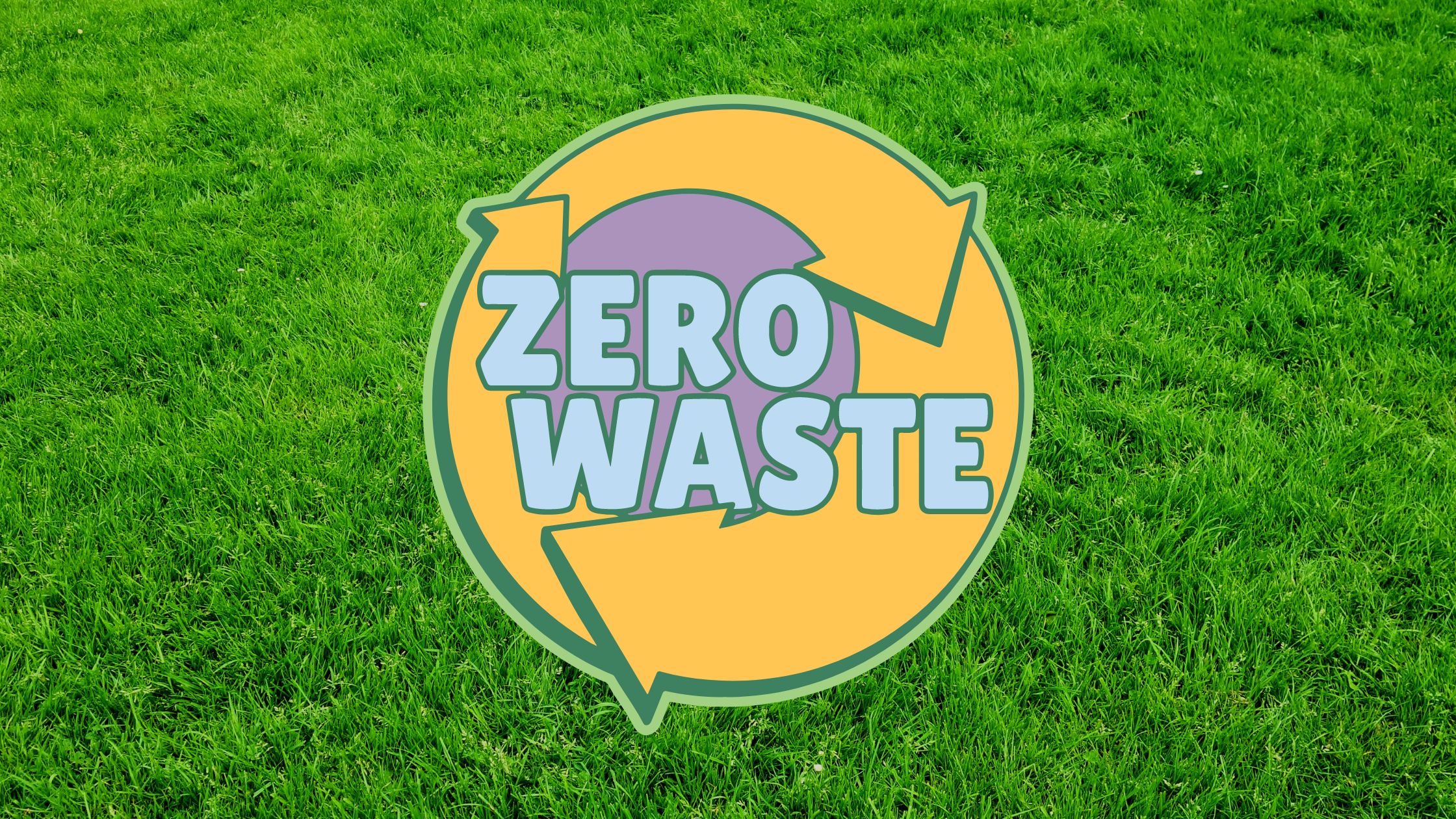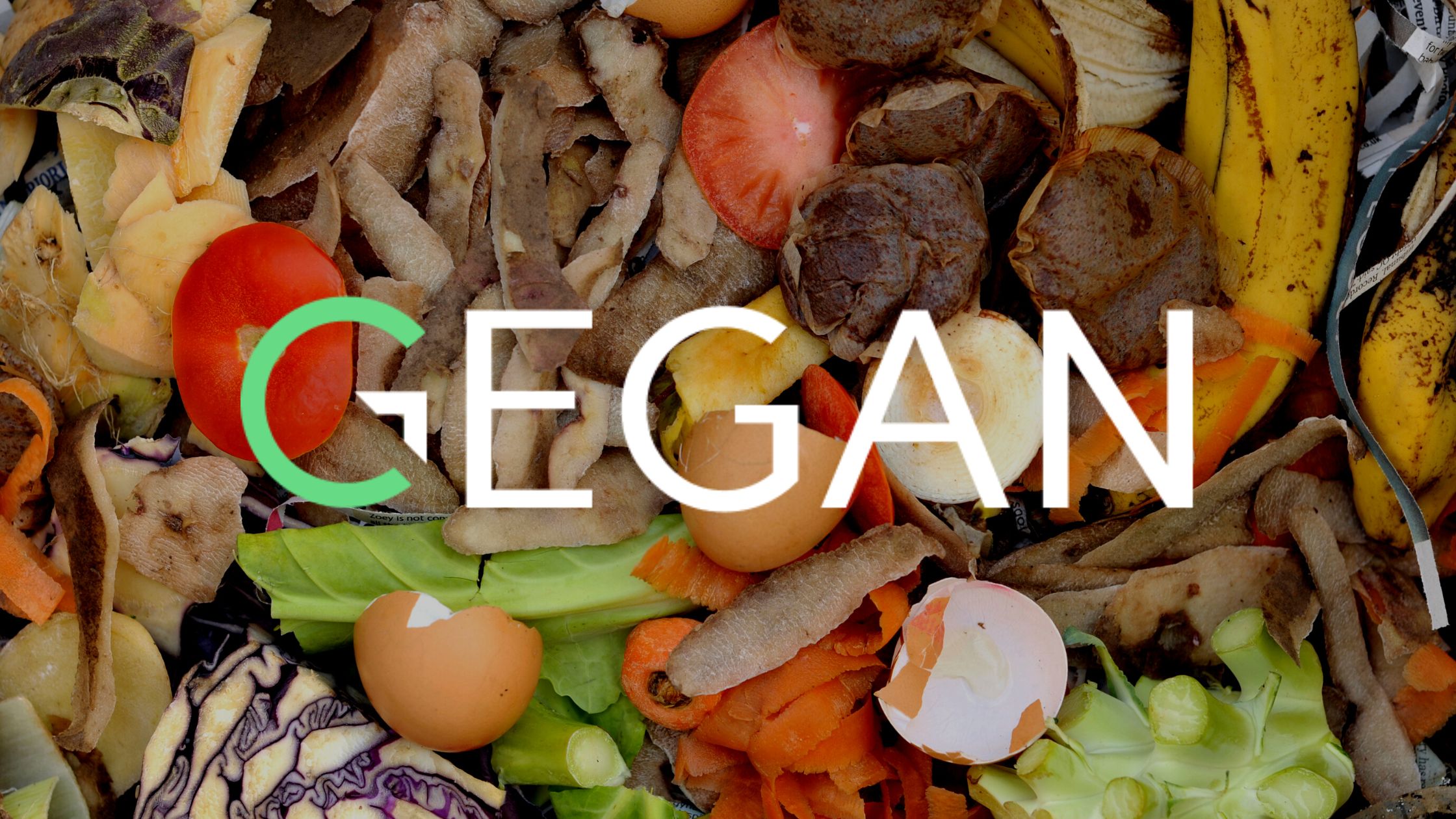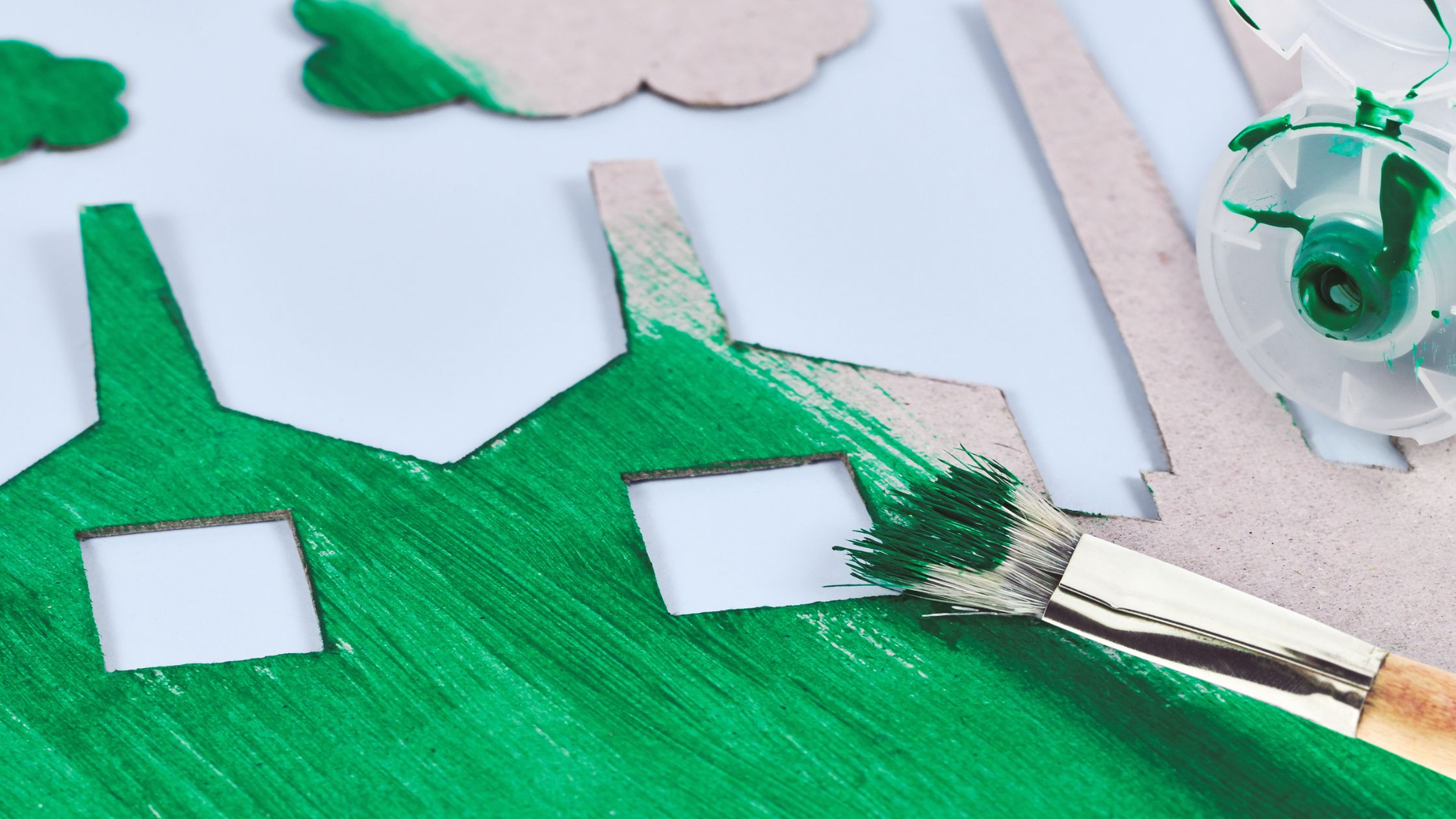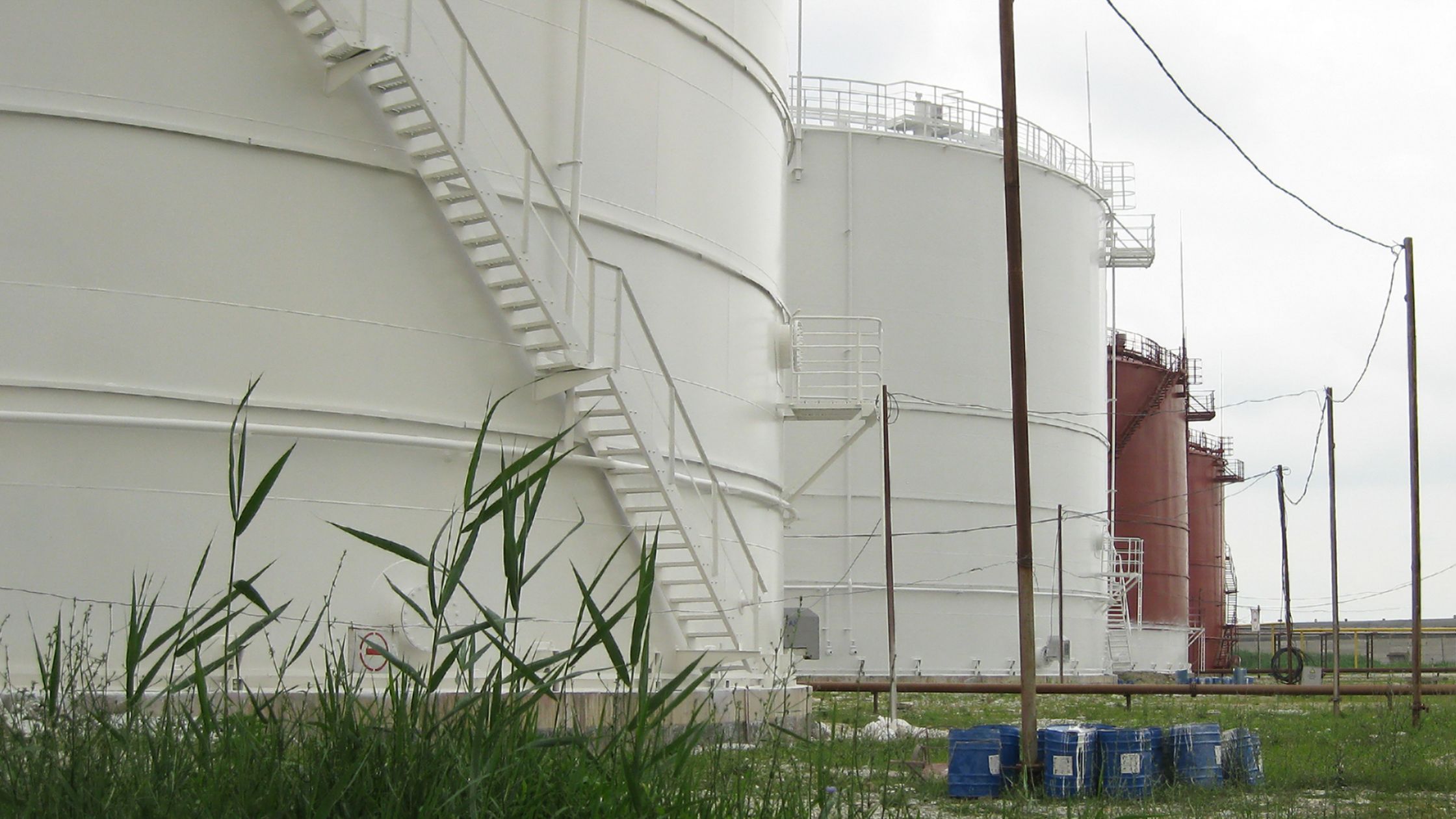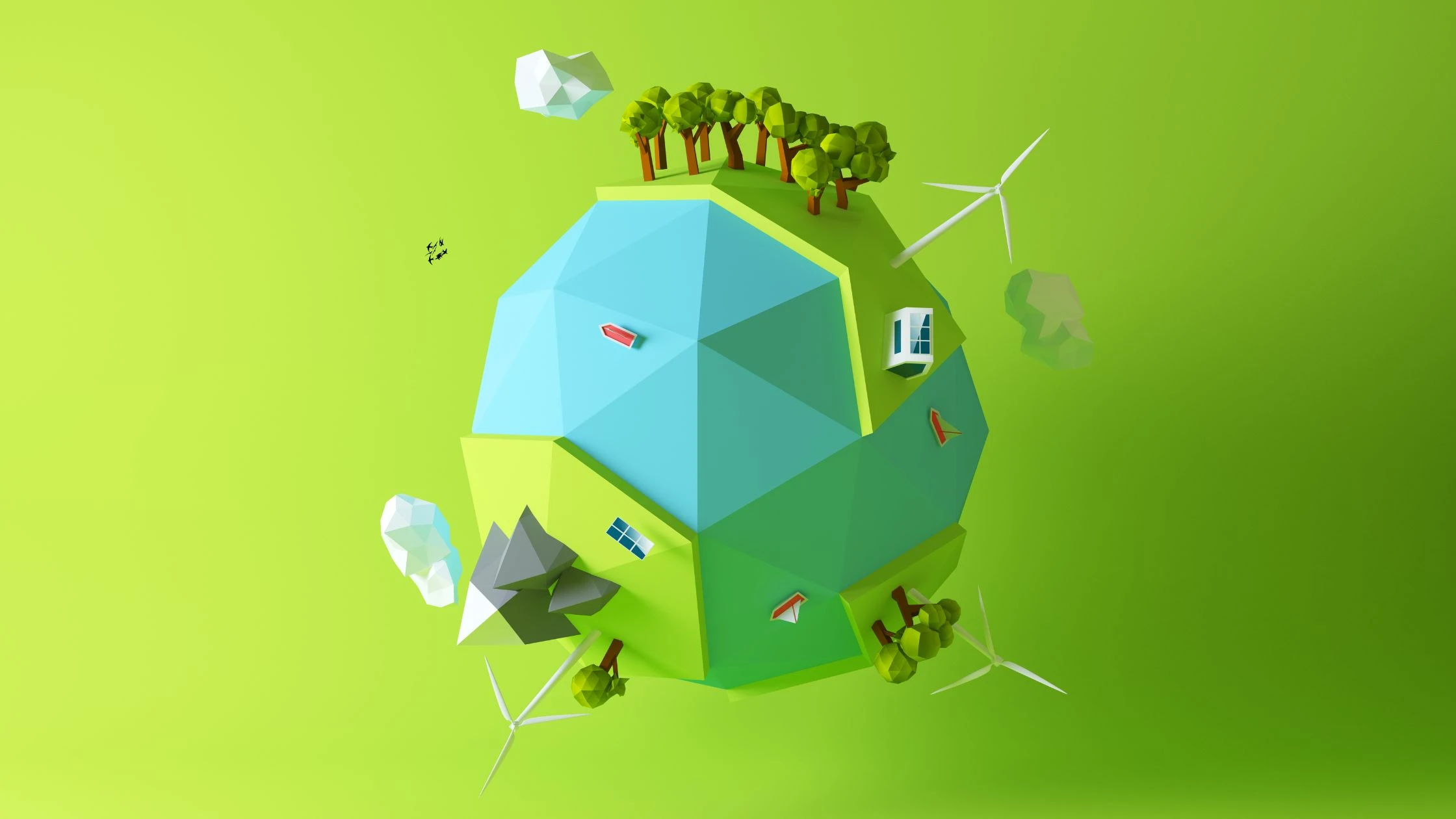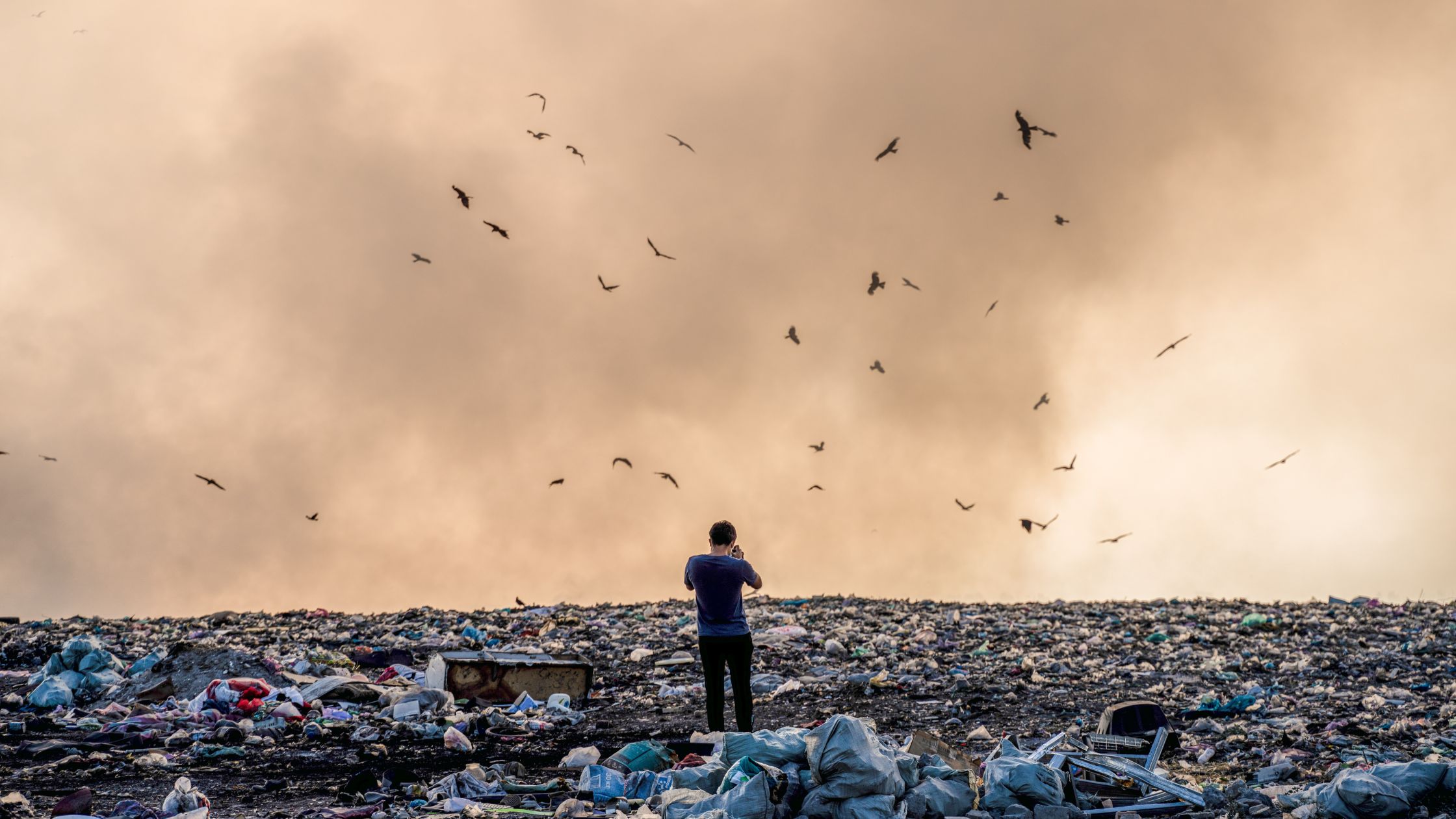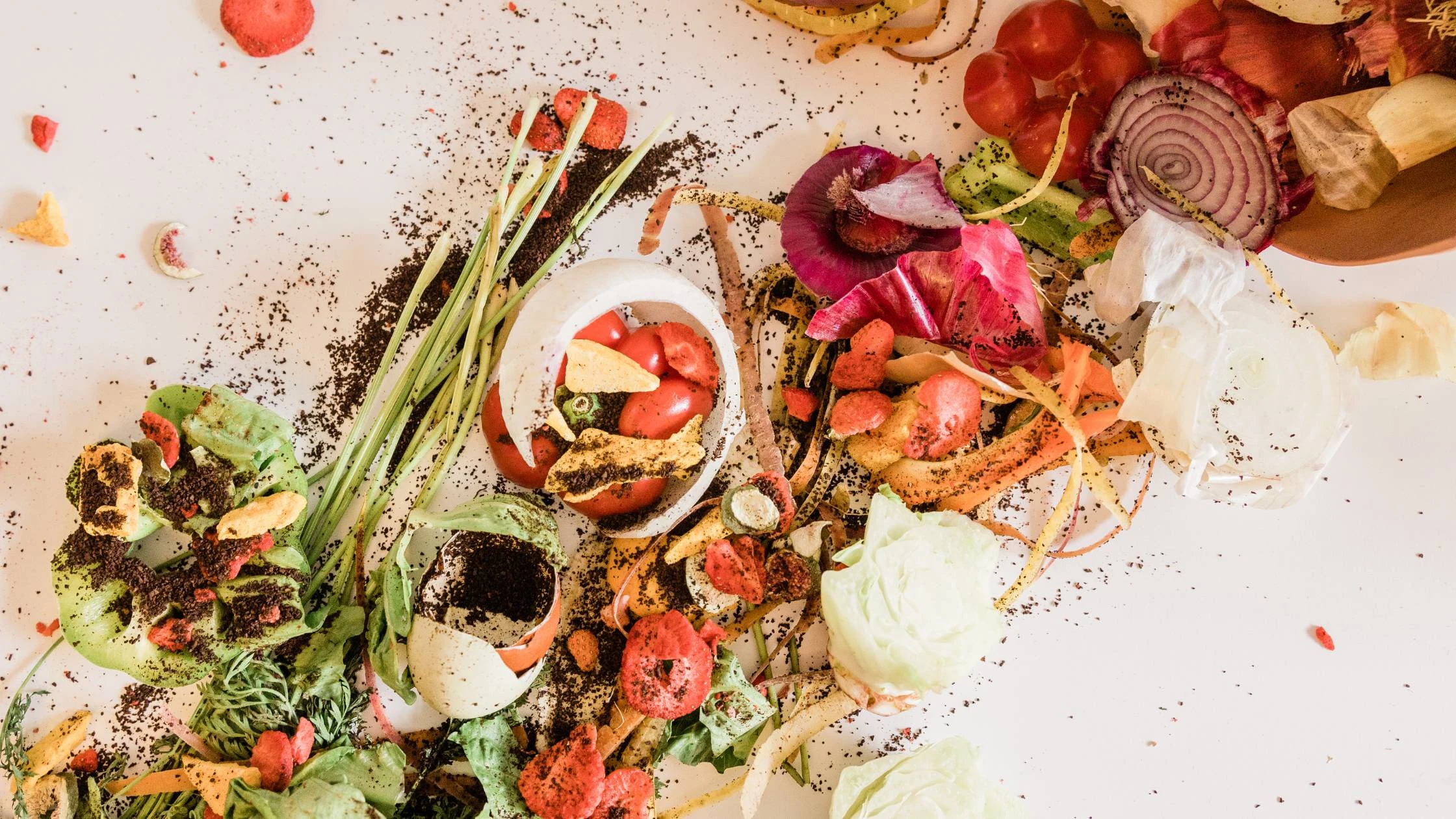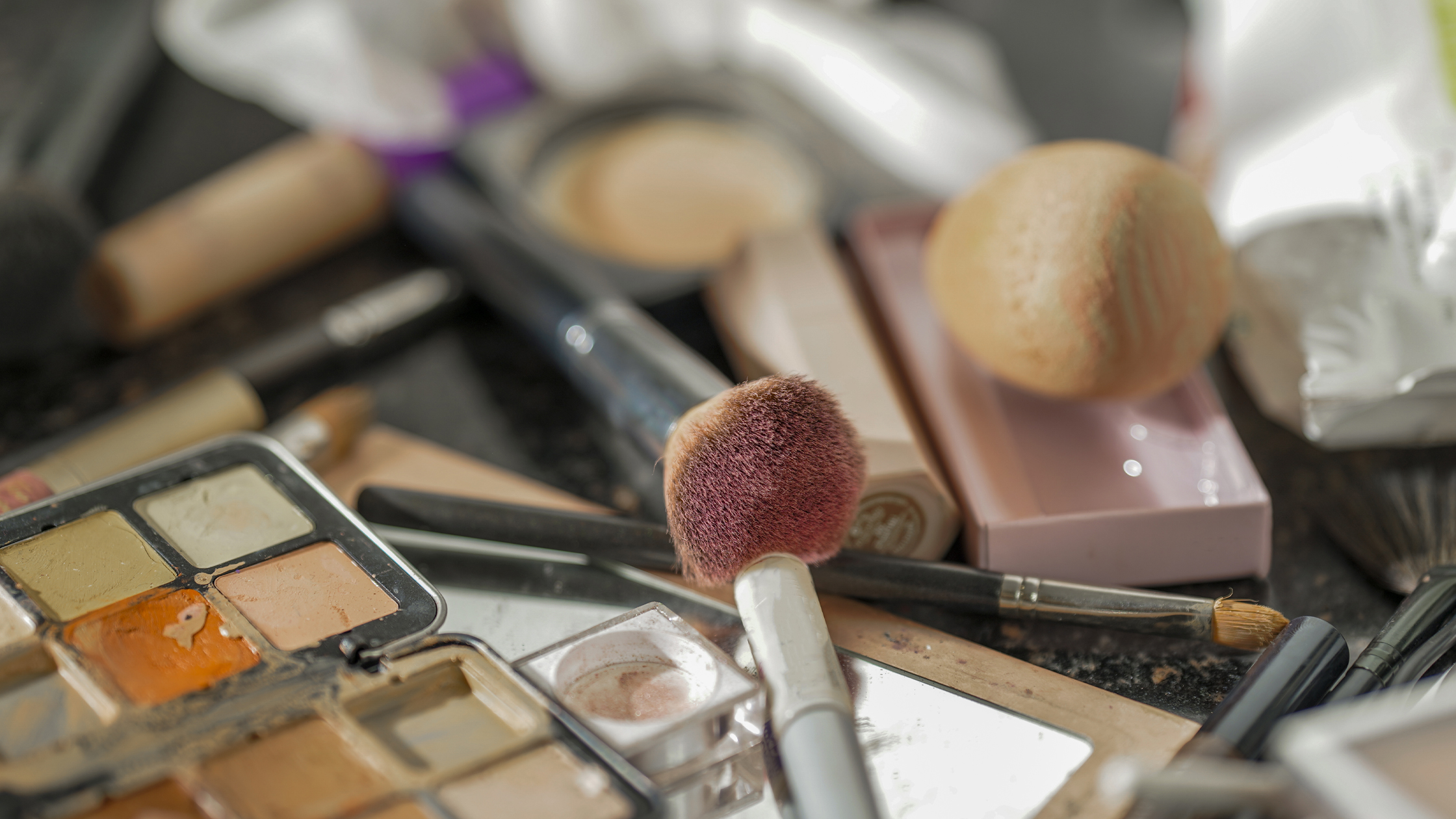
We’re in the age of beauty gurus and influencers; of TikTok microtrends and celebrity beauty brands. It’s little wonder that the beauty industry is having a devastating effect on the environment. According to the British Beauty Council, only 14% of cosmetic packaging actually makes it to a recycling plant, with the rest ending up in landfill. With most of this packaging being single-use plastic that takes hundreds of years to break down, you can expect that old mascara tube you chucked out in 2005 to still be on earth in 2455.
In this blog we’ll be looking at the impact of packaging and product waste, but this is by no means the only way the beauty industry is affecting the planet. Other issues include:
- Animal testing
- Environmental effects of the transportation of products
- Deforestation (palm oil is a common ingredient in beauty products)
It’s not that much of a big deal, is it?
Well actually, it is. Because it’s not just waste generated by at-home beauty products we’re talking about here, it’s also hair salons, nail bars, shops and factories. We all love and deserve a bit of a pamper, but with the global beauty industry generating 120 billion bits of packaging every year, it could be argued that the production and consumption of beauty products is getting a little out of hand.
It’s not just the packaging we can hold that’s creating issues either. Microplastics are, ironically, a massive problem. No bigger than 5mm in size, microplastics are typically a result of plastic waste being broken down over time. According to the European Chemicals Agency, seven kilos of microplastics from cosmetics and personal care products end up in the European environment every minute. These plastics are polluting our water and are exposing wildlife (and us!) to harmful toxins.
And unfortunately, it doesn’t stop there. There’s also a huge amount of product waste, whether that’s expired or unused product at home, discontinued products or testers in shops, or product used during testing at the start of the chain.
Ok, ok, I get it. As a business owner, what can I be doing?
It may seem like a big task to switch to sustainable, but fear not, there are plenty of ways you can start reducing your impact.
Waste audit
Review the amount of waste your business creates and how it’s disposed of. Getting an idea of where your business is at in terms of its carbon footprint makes it easier to see where changes need to be made.
Make small changes at first
We understand how daunting it can be to try and change everything overnight! So, make a start on changing small things first. Swap plastic bags for paper bags; bubble wrap for a recyclable alternative; or plastic cups for paper ones.
Use sustainable suppliers
Where possible, try to buy and sell products with as little packaging as possible, or use products that come in eco-friendly packaging.
Encourage staff to recycle
Training staff on the importance of proper waste disposal is so important for reducing your business’s environmental impact. And this goes for all waste – especially chemical waste! You can also keep posters above your waste bins to make it extra clear what waste goes in each bin.
Manage stock
Instead of letting products go out of date before they’ve been used up or sold, keep an updated stock inventory. Consider selling products that are close to their expiry date to customers at a reduced cost.
Set up a recycling scheme
It’s not always straight-forward to work out which products can be recycled at home, which means more cosmetics end up in landfill than necessary. Why not offer a recycling drop-off point for cosmetics and encourage customers to help reduce their environmental impact?
Want us to give you a free waste audit? Speak to our experts for info!
As a consumer, what can I be doing?
Fortunately, there are many ways you can enjoy using personal care and beauty products without harming the planet.
- Reduce the amount you consume – buy what you need, instead of buying for the dopamine hit.
- Read reviews or use in-shop testers to determine if you’ll actually use it.
- Look for sustainable alternatives, e.g. try a shampoo bar instead of liquid in a bottle.
- Buy in-person from local, sustainable, small businesses where possible.
- If the product comes in unnecessary packaging, have a look for an alternative. Some shops even offer refillable options!
- Sell unused products online.
- Give unwanted products to friends and family.
- Donate unopened and in-date products to charity.
- Recycle makeup containers. Many shops now have makeup drop-off points, or you can take them to a household waste recycling centre.
- Demand change from the companies who make the products you buy. We can all do our bit, but it’s the big companies that have the potential to make a massive difference. Let them know you want to continue using their products, but only if they cut back on the packaging, or swap to a sustainable alternative.
Ready to start being an Earth saviour?
Contact us today.

